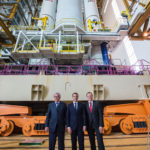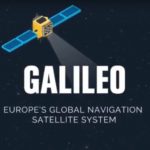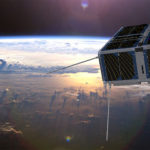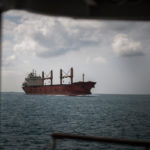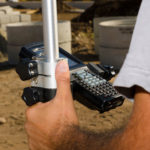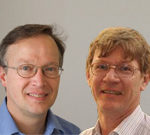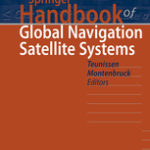The Galileo global navigation satellite system has been offering initial services since almost a year and the performances are great. Independent measurements and evaluation of the system show that the European system is currently the best satellite positioning system in the world.
A symbolic image of the European Space Port in Kourou (French Guiana) as the President of the European Commission Jean-Claude Juncker, the French President Emmanuel Macron, and
the Director General of the European Space Agency Jan Wörner, stand in front of the Ariane 5 launcher, which will soon carry 4 more Galileo satellites into space.
On 12 December at 19:36 CET, an Ariane 5 will launch from Kourou with 4 new Galileo satellites, adding to the constellation which is set to be completed next year.

